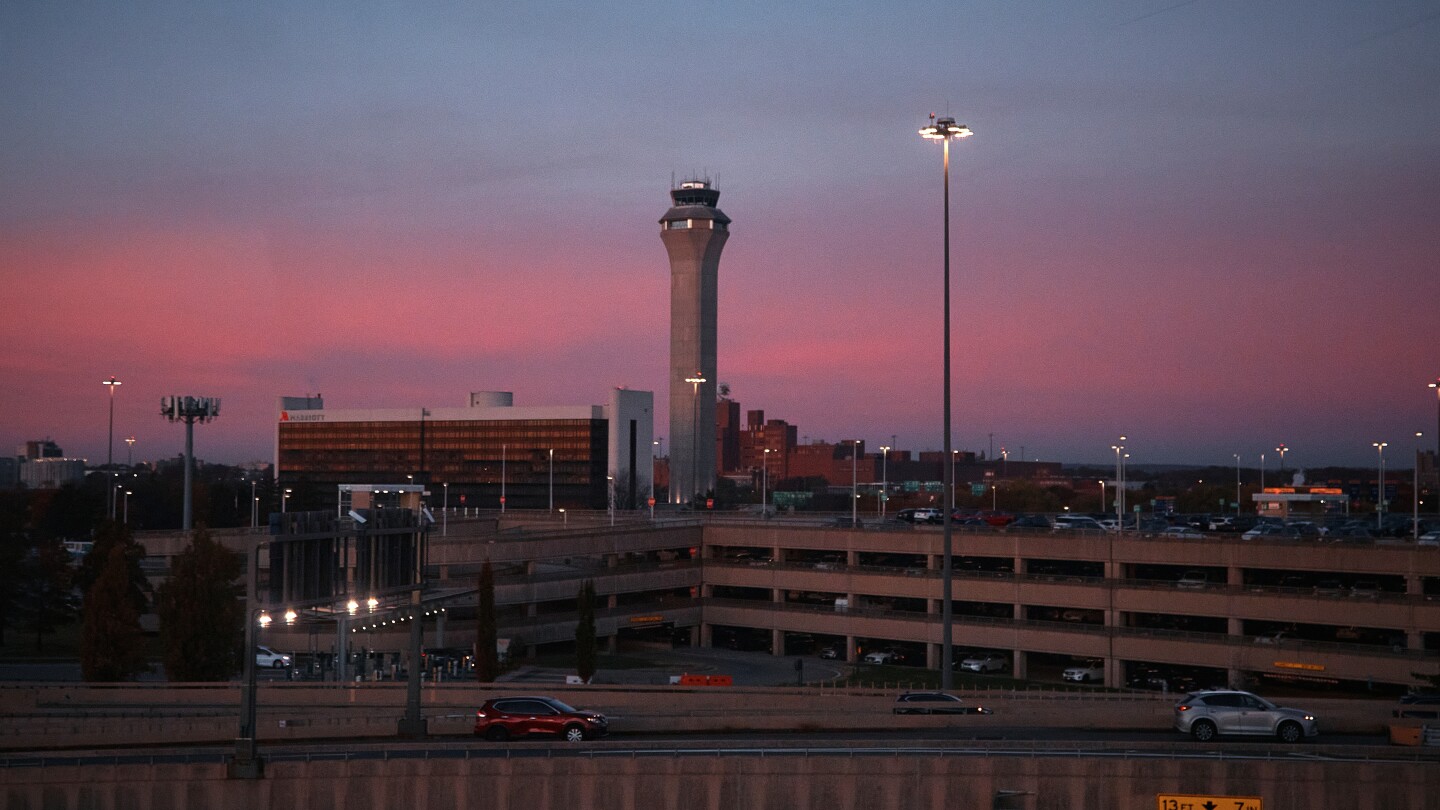The Latest: Hundreds of flights canceled nationwide due to government shutdown
The Federal Aviation Administration ’s unprecedented order to scale back flights nationwide because of the record-long government shutdown took effect Friday morning, with some passengers trying to figure out backup travel plans.
Airlines scrambled to adjust their schedules and began canceling flights Thursday in anticipation of the FAA’s official order, while travelers with plans for the weekend and beyond waited nervously to learn if their flights would take off as scheduled. Airlines also planned cancellations into the weekend, directing passengers to check apps to learn their flight status.
The 40 airports selected by the FAA span more than two dozen states.
The FAA said the reductions would start at 4% and ramp up to 10% by Nov. 14. They are to be in effect between 6 a.m. and 10 p.m. and impact all commercial airlines.
The agency said the cutbacks are necessary to relieve pressure on air traffic controllers who’ve been working without pay for more than a month. Many are pulling six-day work weeks with mandatory overtime, and increasing numbers of them have begun calling out as the financial strain and exhaustion mount.
Here’s the latest:
Airlines said they would try to minimize impact on customers
Some planned to focus on slashing routes to and from small and medium-size cities.
Carriers are required to refund customers whose flights are canceled but not to cover secondary costs such as food and hotel accommodations unless a delay or cancellation results from a contributing factor that is within the control of the airlines, according to the Department of Transportation.
Industry analyst Henry Harteveldt warned that the reductions will “have a noticeable impact across the U.S. air transportation system.”
More than 815 flights have been called off nationwide, according to FlightAware
Delta Air Lines said it would scratch roughly 170 flights Friday, and American Airlines planned to cut 220 a day through Monday.
The FAA said the reductions would start at 4% and ramp up to 10% by Nov. 14.


